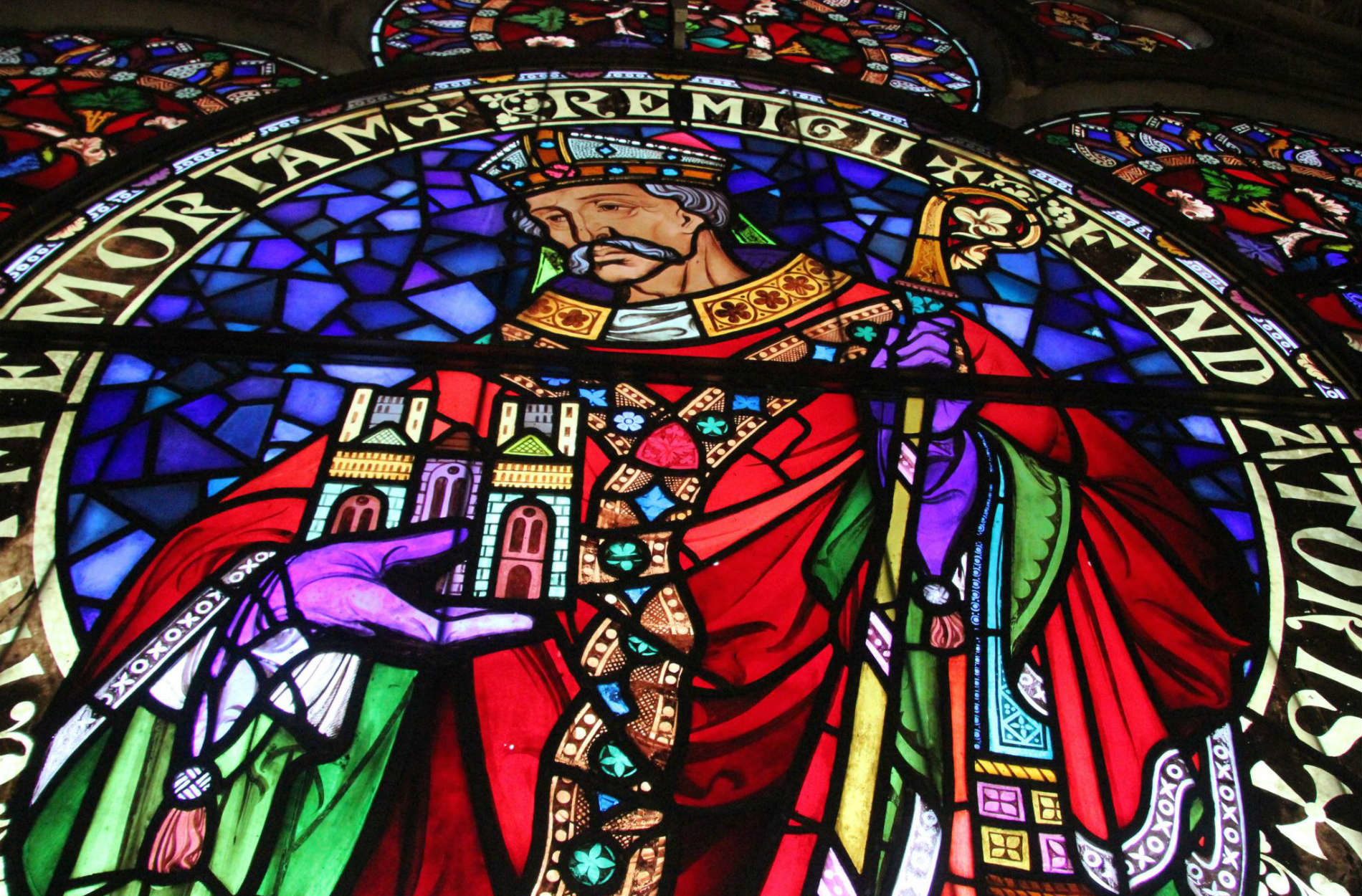Imagine a world where voiceless people belong to the fields, and those fields are held by despotic elites, who in turn owe everything to the monarch. Think of a king whose unreasonableness has been sanctioned in the name of God and remains unchallenged.
Then suddenly the status quo is shaken. The barons plot and act with force. And they redesign their world with words on parchment that transform the relationship between the king and his inner circle of nobles. This is the story of the Magna Carta, a document set out to limit royal powers, setting the cogs in motion for gradual emancipation of us all, a path we are still on today.
For a few in 13th Century England, the Magna Carta became a symbol of victory. Retrospectively, many more have interpreted it as a precursor of the rule of law as we know it, an early expression of human rights. This month, as its 800th anniversary is celebrated throughout the world, the manuscript still fascinates us. Though we know its content bears little resemblance to human rights law of the 21st Century, for it notably excluded the vast majority of the populace from its scope, it set the scene for gradual change and revolutionary ideas that have shaped the relationship between individual and state.
This edition of Lacuna Magazine marks the anniversary by bringing together contributions from across the country to explore and highlight the significance of the Magna Carta.
Poet Laila Sumpton writes as part of the British Library Medieval Manuscripts blog project. In Words on Sheepskin she reflects on Magna Carta’s history as well as its present-day importance in the ongoing struggle for human rights.
Seif El-Rashidi, contributing from Salisbury Cathedral, shares his experience of putting together and coordinating the Magna Carta Exhibition this year. In Happy Birthday, Great Charter he considers why this “rather plain, rather ordinary-looking piece of old sheepskin” enjoys celebrity status and still has the power to encourage reflection on society, rights and freedoms.
And Tom Flynn reminds us in The Cult of Magna Carta that this document must be understood in light of its time and cautions against misappropriations and reinterpretations for contemporary political aims.
